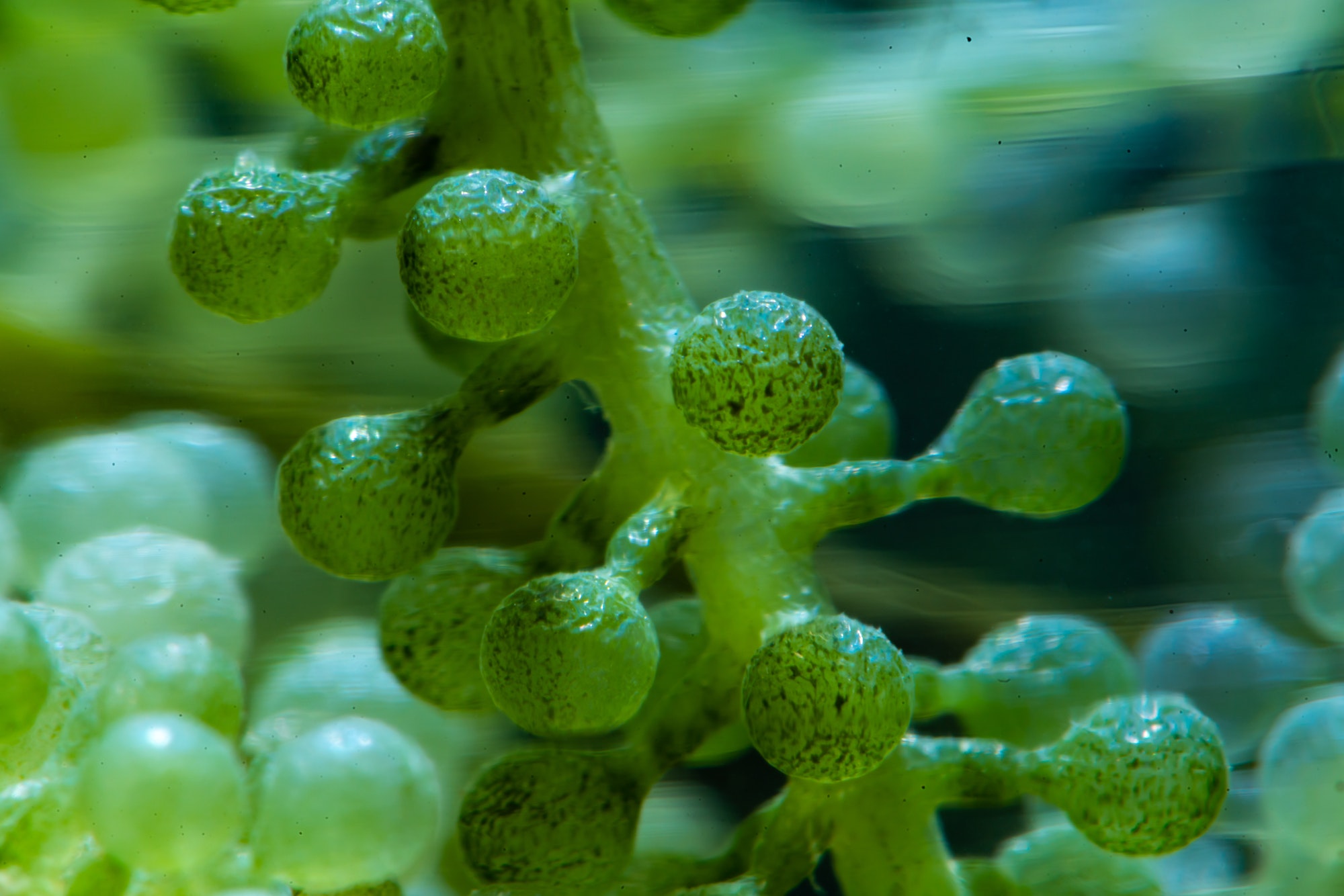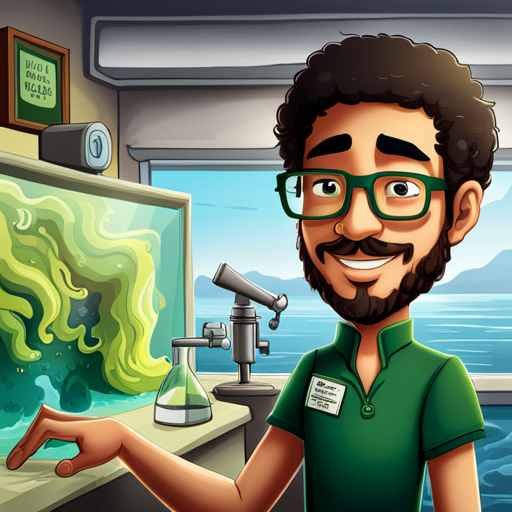The global demand for renewable energy sources is skyrocketing, and the potential market growth for algae products and biofuels is promising. Algae-based solutions offer a sustainable alternative to fossil fuels while contributing to carbon sequestration. However, there are still challenges to overcome in terms of economic feasibility, technological advancements, and scaling up production. This article will explore the current status of algae-based solutions, their potential for growth, and the challenges and future prospects in algae-based carbon sequestration.
Algae are simple aquatic organisms that convert sunlight into energy through photosynthesis. They grow rapidly and can be cultivated in various environments, including saltwater, freshwater, or wastewater. This versatility makes them an attractive feedstock for biofuel production. Algae-based biofuels have several advantages over conventional biofuels produced from crops like corn or sugarcane. They do not compete with food production, require less land and water resources, and can achieve higher oil yields per acre.
The economic feasibility of algae-based solutions depends on several factors, such as the cost of production, market prices for competing products, and government policies supporting renewable energy development. Currently, the production cost of algae biofuels is higher than that of conventional fuels due to the high capital costs involved in setting up cultivation systems and refining processes.
However, research and development efforts are underway to improve the productivity and efficiency of algae cultivation systems, reduce costs, and increase the yield of valuable products. For example, biorefinery approaches aim to maximize the value obtained from algae biomass by extracting multiple products such as biofuels, animal feed, fertilizers, and chemicals. This integrated approach can enhance the overall economic viability of algae-based solutions.
Another factor contributing to the economic feasibility of algae-based solutions is the potential revenue generated through carbon sequestration. Algae capture carbon dioxide (CO2) from the atmosphere during photosynthesis and store it in their cells as biomass. This process can help mitigate climate change by reducing the concentration of greenhouse gases in the atmosphere.
Several projects are exploring the use of algae for carbon capture and storage (CCS). For instance, the AlgaePARC project in the Netherlands investigates the potential of microalgae to capture CO2 from industrial emissions. In the United States, the Algae Testbed Public-Private Partnership (ATP3) aims to develop and demonstrate scalable and sustainable algae cultivation technologies for biofuel production and carbon sequestration.
Despite these promising developments, several challenges still need to be addressed to unlock the full potential of algae-based solutions. One significant challenge is scaling up production to meet the growing demand for renewable energy sources while maintaining cost efficiency. Currently, most algae cultivation systems are small-scale, and increasing their size may result in reduced productivity due to light limitation and other factors.
Another challenge is improving the efficiency of harvesting and processing methods. Algae cells are tiny and dispersed in large volumes of water, making their separation and concentration a complex task. Developing efficient dewatering techniques and conversion processes is crucial to reduce energy consumption and production costs.
Looking ahead, continued research and development efforts are necessary to overcome these challenges and advance the commercialization of algae-based solutions. Collaboration between academia, industry, and government is vital to fostering innovation, sharing knowledge, and promoting best practices in this emerging field.
In conclusion, algae-based solutions hold great promise for addressing global energy needs while mitigating climate change through carbon sequestration. However, several challenges remain to be tackled before these solutions can achieve widespread adoption. By investing in research and development, fostering collaboration, and implementing supportive policies, we can accelerate progress towards a more sustainable future powered by algae-derived products and biofuels.


